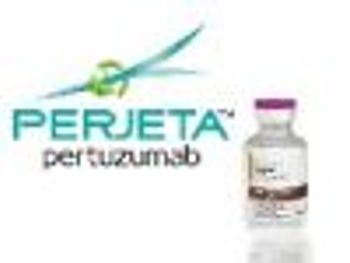
November/December 2014






Recently approved drugs for the treatment of cancer include Cyramza, Sylvant, Zykadia, Beleodaq, Zydelig, and Keytruda.

The use of closed-system drug transfer devices can help protect pharmacists from potential harm from exposure to hazardous drugs, such as chemotherapeutic medications.

In an effort to minimize the cost curve, payers have been adjusting their utilization management policies, spurred by the approval of several costly new hepatitis C medications.

Pharmacy accreditation programs can improve health care by providing standards by which to evaluate the quality of patient care services and by setting requirements for patient consultation, education, and documentation.

Breakthrough hepatitis C drugs promise cure rates upwards of 90%, and specialty pharmacy can play an important role in their success by addressing obstacles to adherence.


Perjeta (pertuzumab) is now approved for the neoadjuvant treatment of breast cancer.


Understanding the needs of seniors with cancer and helping them to manage the complexities of the treatment process are essential to successful patient engagement and improved clinical outcomes.

Drug approvals on the horizon include new therapies for cancer, high cholesterol, idiopathic pulmonary fibrosis, and hepatitis C.

Landmark generic labeling rulings may foreshadow the issues that lie ahead when biosimilars enter the US market.

Customizable processing applications support the specific needs of specialty pharmacy.

Knowledge of the specialty drug pipeline is essential in planning for your practice.


There are notable compliance, business, and operational implications for pharmacies involved in the use of co-pay coupons.